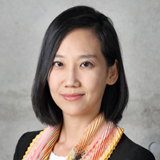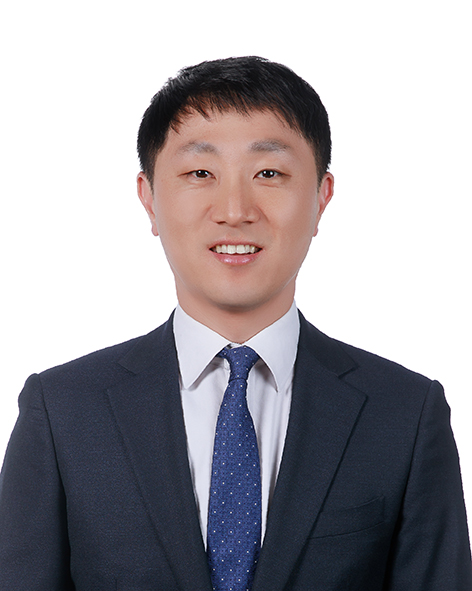Introduction
On June 12, 2018, President Donald Trump and Chairman Kim Jong-un met in Singapore for the first ever summit between U.S. and North Korean leaders. Labeled the “meeting of the century”, the summit grabbed international attention ever since President Trump accepted Chairman Kim’s invitation on March 9. At one point, President Trump cancelled the talks after a fiery exchange of words. But, despite the temporary setback, the summit went ahead as originally scheduled.
The U.S.-North Korea summit took place after decades of tensions and hostilities between the two countries. During the summit, the two sides signed and announced a joint statement, the key points of which were:
- The United States and the DPRK commit to establish new U.S.-DPRK relations in accordance with the desire of the peoples of the two countries for peace and prosperity.
- The United States and the DPRK will join their efforts to build a lasting and stable peace regime on the Korean Peninsula.
- Reaffirming the April 27, 2018 Panmunjom Declaration, the DPRK commits to work towards complete denuclearization of the Korean Peninsula.
- The United States and the DPRK commit to recovering POW/MIA remains, including the immediate repatriation of those already identified.
However, many experts criticized the joint statement for its lack of detail. While the statement called for “complete denuclearization,” it provided neither a timeline nor a road map to North Korea’s denuclearization. More importantly, it made no mention of the demand for North Korea’s complete, verifiable, and irreversible denuclearization (CVID) as Sec. of State Pompeo had insisted on numerous occasions leading up to the summit. Experts also criticized President Trump’s decision to halt joint military exercises with South Korea without any prior consultation with the ROK government.
So how do ordinary South Koreans, as opposed to experts, view the U.S.-North Korea summit? This report analyzes South Koreans’ views of the June meeting. It looks at their opinion toward neighboring countries and their leaders, including the U.S. and North Korea, before and after the summit. We also compare their perceptions of North Korea’s trustworthiness before and after the summit. Finally, the report reviews the current government’s policy toward North Korea, the outlook of South Koreans on the future of inter-Korean relations and U.S.-North Korea relations, and examines future challenges.
We find that the perception of North Korea and Kim Jong-un improved considerably following the U.S.-North Korea summit. North Korea’s favorability rose from 3.52 to 4.71 and Kim Jong-un’s did from 2.02 to 4.06 (0=least favorable, 10=most favorable). President Trump, who has not been very popular among South Koreans until now, also saw his favorability rise from 3.76 to 5.16. In addition, 71.8% of South Koreans rated the U.S.-North Korea summit as positive. Many South Koreans found it meaningful that the heads of the two nations, hostile for the past 70 years, met and discussed peace and denuclearization. Respondents who were pessimistic or unsure about the prospect for denuclearization decreased from 44.3% in March to 24.7% in June after the talks. The expected deadline for denuclearization was also shortened by four years (10.9 to 6.5 years). As perceptions on the prospect for the denuclearization of North Korea improved, 62.6% of South Koreans were optimistic about North Korea’s implementation of the agreement. This was related to North Korea’s perceived reliability as a negotiating partner by South Koreans, which improved significantly (54%) compared to 2013 (10.7%) when inter-Korean relation was at a low point. The Moon Jae-in administration’s policy toward North Korea received overwhelming support (72.3%) following the April-May inter-Korean talks, the April 27 Panmunjom Declaration, and the closing of the North’s nuclear test site in May. The percentage of South Koreans who viewed future inter-Korean relations and U.S.-North Korea relations as positive also reached 83.2% and 76.7%, respectively. However, although the two summits improved South Koreans’ overall perceptions of North Korea, the opinion of the youth (20s), who have always been relatively more hostile to North Korea, remained largely unchanged.
Table of Contents
1. Introduction
2. U.S.-North Korea Summit and South Koreans’ Perceptions of Neighboring Countries
(1) Country Favorability
(2) Leader Favorability
3.South Koreans’ Perception of the U.S.-North Korea Summit
(1) Evaluation of the U.S.-North Korea Summit
(2) Denuclearization of North Korea
(3) North Korea’s Willingness to Follow Through
4. Important Issues after U.S.-North Korea Summit
(1) Moon Administration’s North Korea Policy
(2) Prospects for inter-Korean Relations and U.S.-North Korea Relations
(3) Policy Recommendations
5. Conclusion
6. Survey Methodology

 Facebook
Facebook Twitter
Twitter

